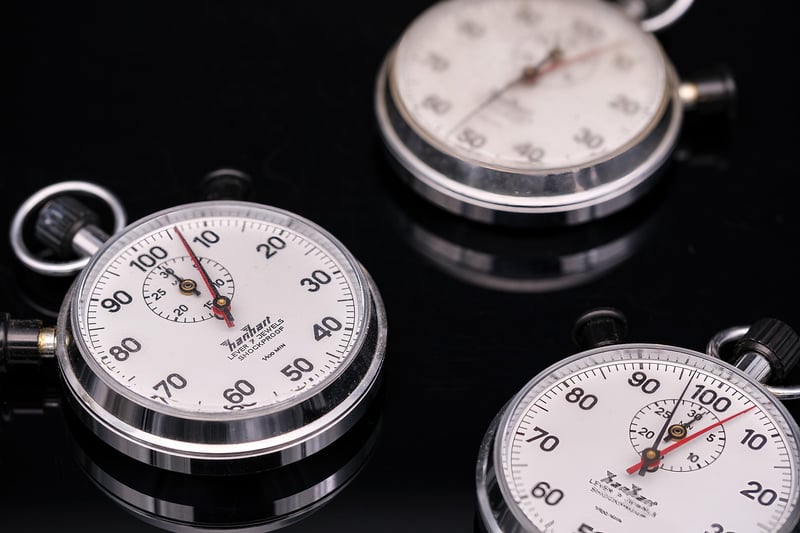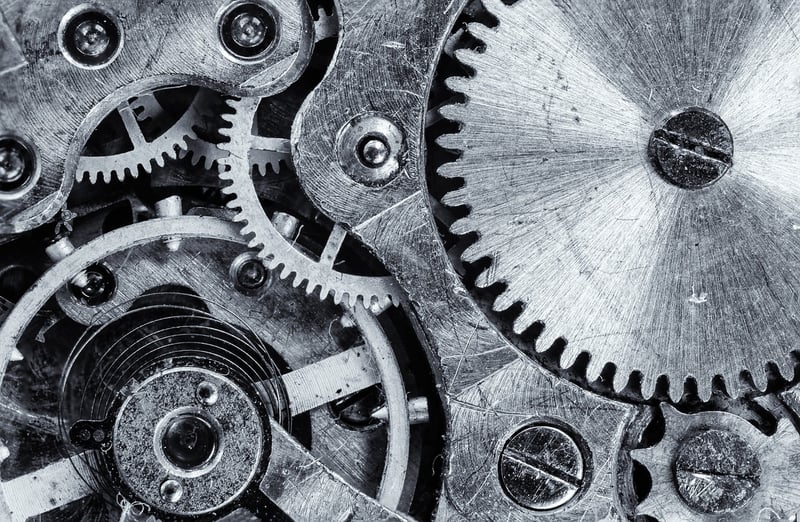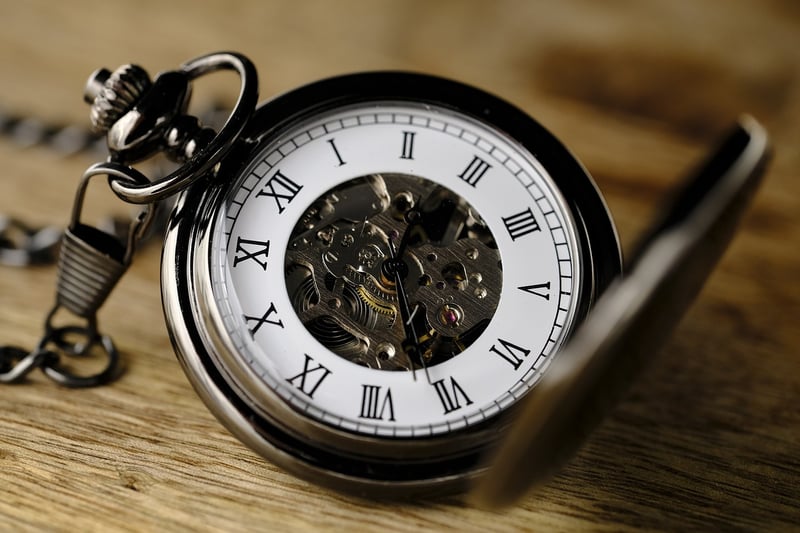Historical Tech
The Fascinating World of Time Travel: Tools and Historical Technology
Introduction
Time travel has captured the human imagination for centuries, with countless stories and myths exploring the concept. While time travel as portrayed in science fiction may not be possible (yet), let's delve into some tools and historical technology that have shaped our understanding of time and its manipulation.
1. The Chronometer
The invention of the chronometer by John Harrison in the 18th century revolutionized navigation at sea. This precise timekeeping device allowed sailors to determine their longitude accurately, leading to safer and more efficient voyages.

2. The Antikythera Mechanism
Discovered in a shipwreck off the coast of Greece, the Antikythera Mechanism is an ancient analog computer believed to have been used for astronomical predictions. This marvel of ancient technology showcases the sophistication of ancient civilizations.

3. The Pocket Watch
The pocket watch, popularized in the 17th century, became a symbol of elegance and precision. These portable timepieces were essential for individuals to keep track of time accurately and efficiently.

4. The Large Hadron Collider (LHC)
While not a time machine itself, the Large Hadron Collider at CERN allows scientists to explore fundamental questions about the universe and potentially uncover phenomena related to time travel and parallel universes.

Conclusion
From ancient mechanisms to modern scientific experiments, the tools and historical technology surrounding time have shaped our understanding of the universe. While time travel remains a dream for many, the exploration of time and its mysteries continues to inspire scientific discovery and innovation.
Time may not be something we can physically manipulate, but our curiosity and ingenuity drive us to explore its depths and possibilities.
